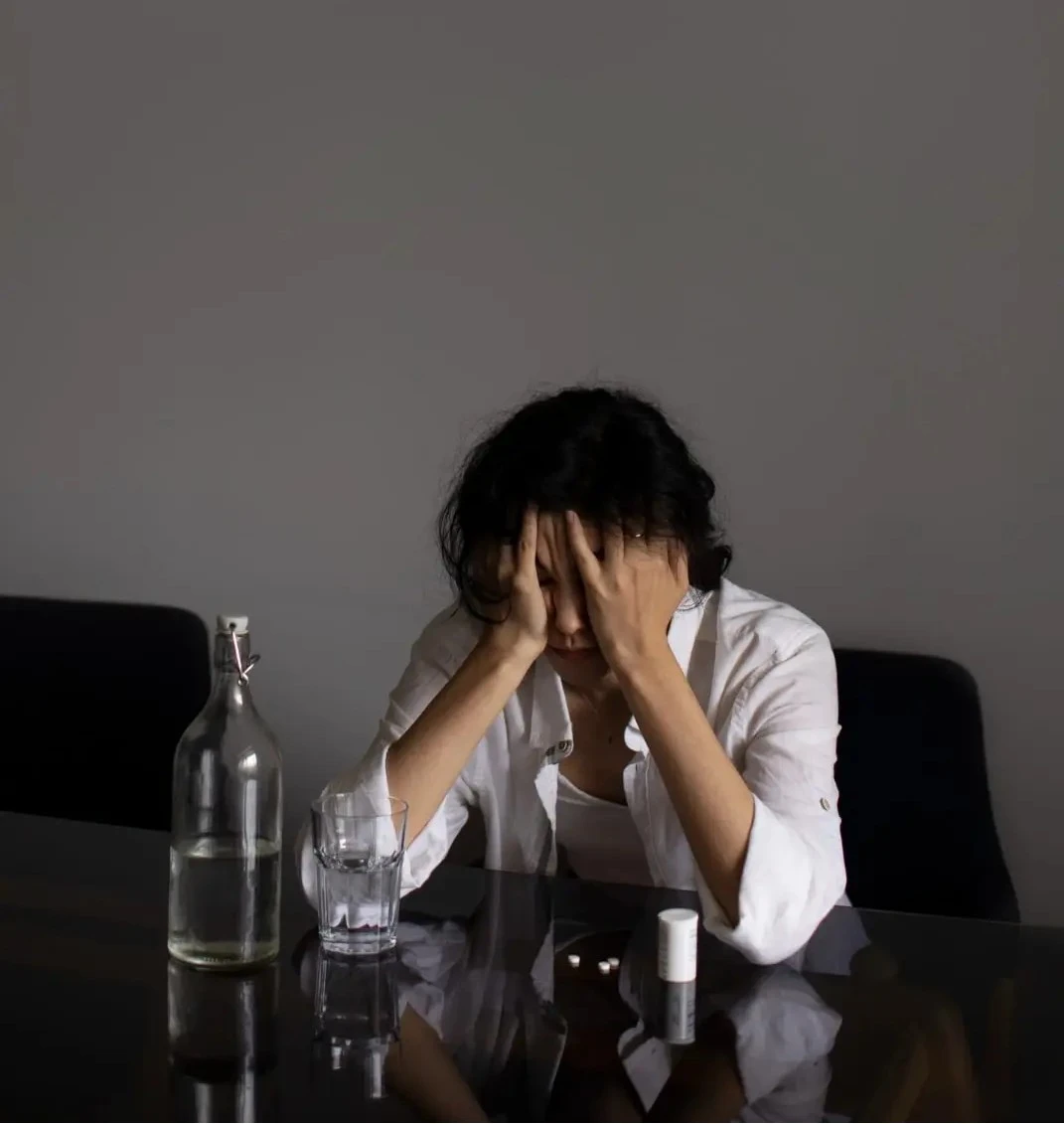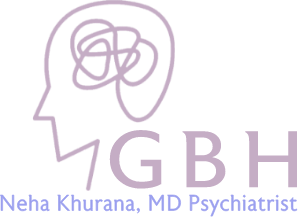Alcohol | Opioid Use Disorder Treatment in Norcross, GA

Alcohol use (current or past)/Opioid use Treatment in Norcross, GA
At Georgia Behavioral Health, we offer a unique and comprehensive approach to care for individuals dealing with alcohol or opioid use, whether currently or in the past.
We understand that substance use has a lasting impact on mental, physical, and emotional well-being. Whether you’re actively struggling with the effects of excessive substance use or on the path to recovery, your journey is essential to us.
We help our patients by exploring their substance use history and addressing triggering symptoms such as withdrawals or cravings and offer customized and evidence-based treatments that include medication-assisted treatment (MAT).
Alcohol use: evaluating history and focusing on the future
Alcohol use in the past
- Long-standing challenges with alcohol cravings
- Hospitalization or previous detox episodes
- Alcohol-related consequences or a history of blackouts
- Psychological or emotional triggers related to drinking
Current use of alcohol
If alcohol is still a significant part of your daily life and you’re struggling to control your consumption, you may be dealing with Alcohol Use Disorder (AUD). Recognizing the signs of active AUD is the first step towards seeking help and regaining control of your life.
- Strong cravings for alcohol
- Facing difficulty in cutting down on alcohol, even after constant efforts
- Prioritizing alcohol over relationships, work, and responsibilities
- Withdrawal symptoms such as nausea, shaking, or anxiety occur when not drinking.
Opioid use: A past you can overcome, and a present you can conquer
Opioid use in the past
Whether you started using opioids from illicit substances or prescription medication, it can leave lasting impacts on the body and brain. Based on your past, you may still experience:
- A constant fear of withdrawal symptoms, even when you are no longer using
- Cravings triggered by stress, pain, or environmental cues
- A bad history of relapse after treatment attempts or detox
Present use of opioids
- Requiring a higher dosage to achieve the same level of effect
- Using more than prescribed opioids or without a prescription
- Intense cravings and unable to function without opioids
- Withdrawal symptoms such as insomnia, vomiting, or muscle pain
Cravings for other substances
- Stimulants (Meth, Cocaine, Addermal)- The patients may crave the focus, energy, and euphoria these substances provide. During stress, fatigue, and boredom, cravings may be triggered.
- Cannabis (Marijuana and THC products)- the cravings for this substance are psychological and linked with anxiety, stress, and sleep problems.
- Nicotine (Vaping, cigarette)- these are highly addictive, and cravings are related to stress or routine. Patients may report habitual use.
- Polysubstance use- Many people take multiple substances combined, like alcohol and benzodiazepines, which increase the intensity of cravings, and there is a risk of overdose.
Withdrawal symptoms (History of withdrawals or detox episodes)
Frequency of withdrawal symptoms
- Determine how often patients have experienced withdrawal symptoms after stopping alcohol or opioid use.
- Frequent withdrawals would indicate a high level of physical dependence.
Severity of withdrawal symptoms
- Chills or sweating
- Vomiting, nausea, or diarrhea
- Restlessness or insomnia
- Bone pain
- Agitation or anxiety
- Seizures
- Elevated blood pressure or heart rate
- Auditory or visual hallucination
- Disorientation or confusion
History of detox
- Records of inpatient or outpatient detox programs.
- Usage of medications such as buprenorphine, benzodiazepines, methadone, and clonidine during such period.
Complications during detox
- Check for hospitalization, ICU admissions, or ER visits related to withdrawal in the past.
Medication-assisted treatment (MAT)
MAT options for alcohol use
- Topamax- It is sometimes used to reduce drinking in those who are not ready for total abstinence.
- Naltrexone for treating alcohol cravings- It helps in blocking the pleasurable effects of alcohol.
- Vivitrol for alcohol- It comes in a monthly injectable form of Naltrexone that helps in supporting abstinence.
- Bupropion- it may help in assisting with cravings, especially when depression and smoking are also present.
MAT options for opioid use
- Suboxone for OUD(Opioid use disorder)- It is a combination of naloxone and buprenorphine to help ease cravings and withdrawals.
- Naltrexone for OUD(Opioid use disorder)- It helps in reducing the risk of relapse and prevents opioid effects.
- Buprenorphine- It stabilizes brain chemistry with lower misuse potential.
- Vivitrol for OUD(Opioid use disorder)- It is a long-lasting treatment for people who have completed detox.
